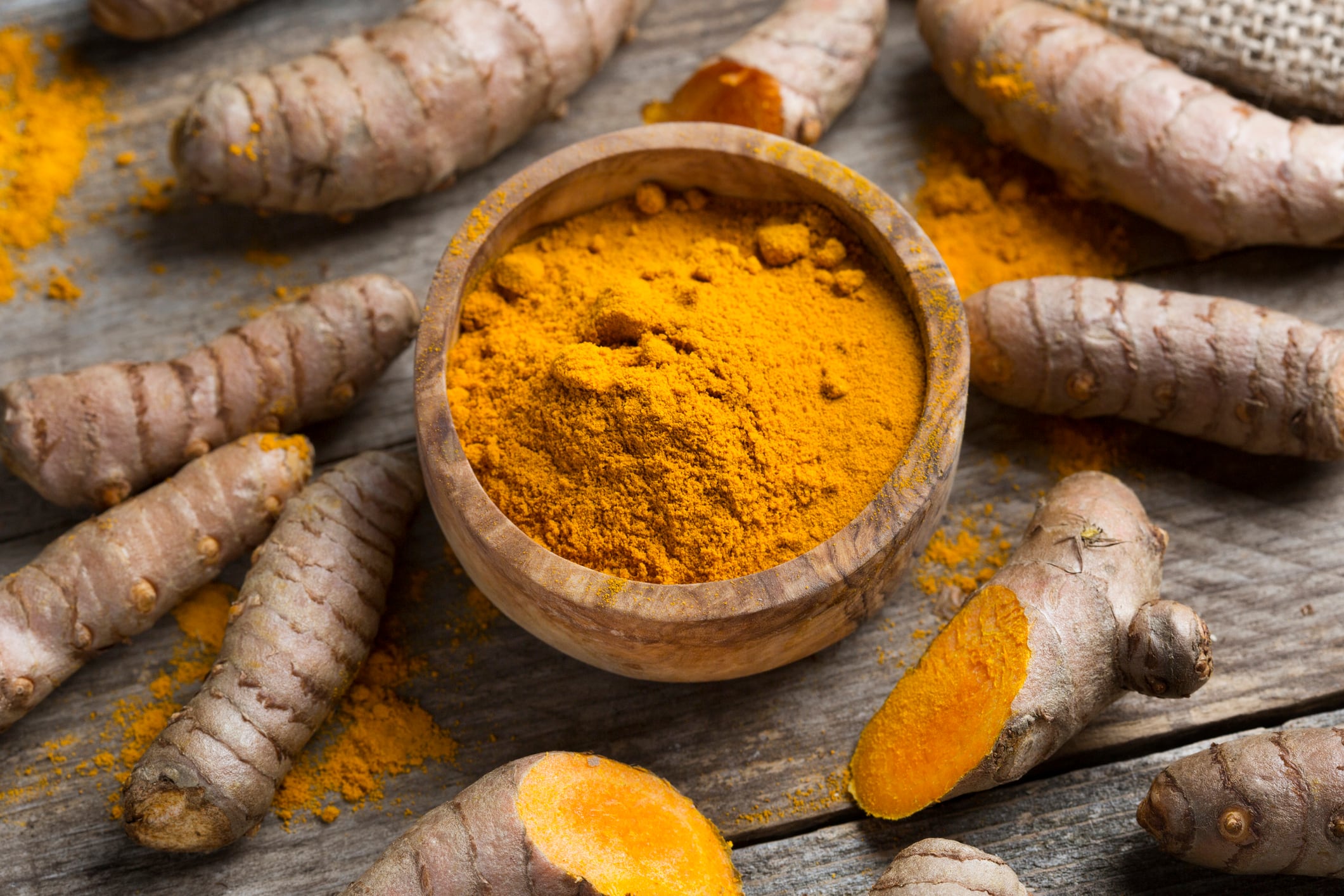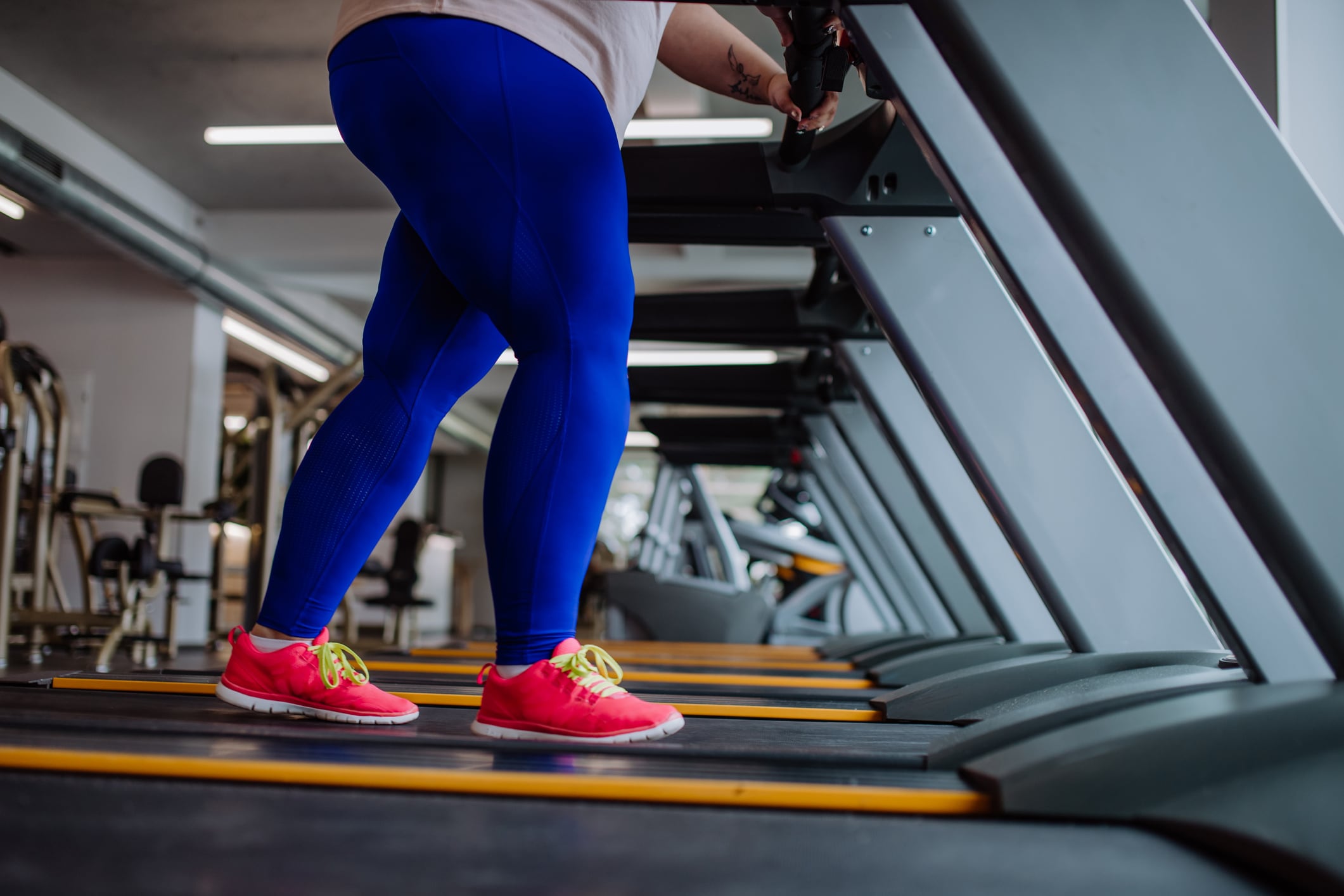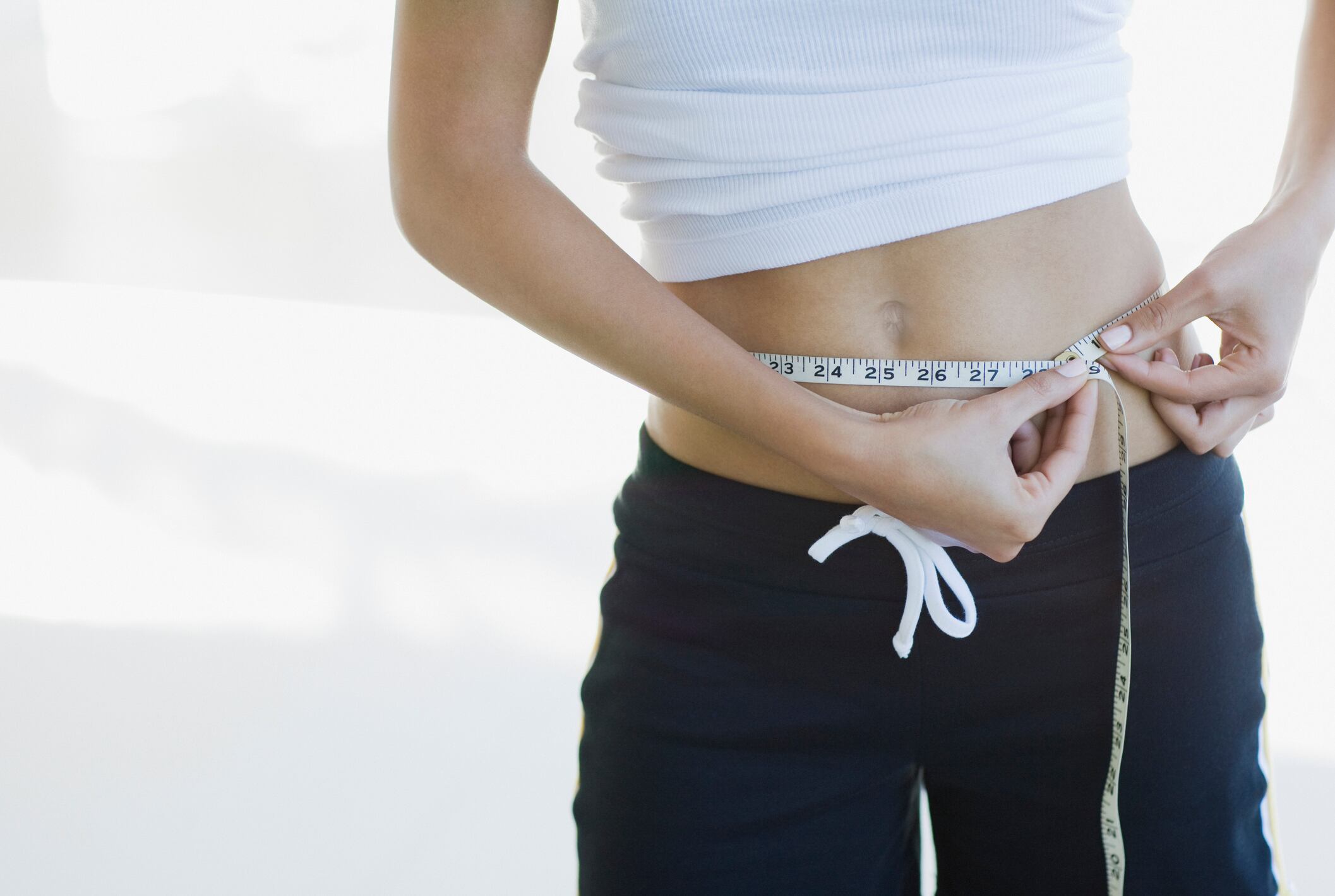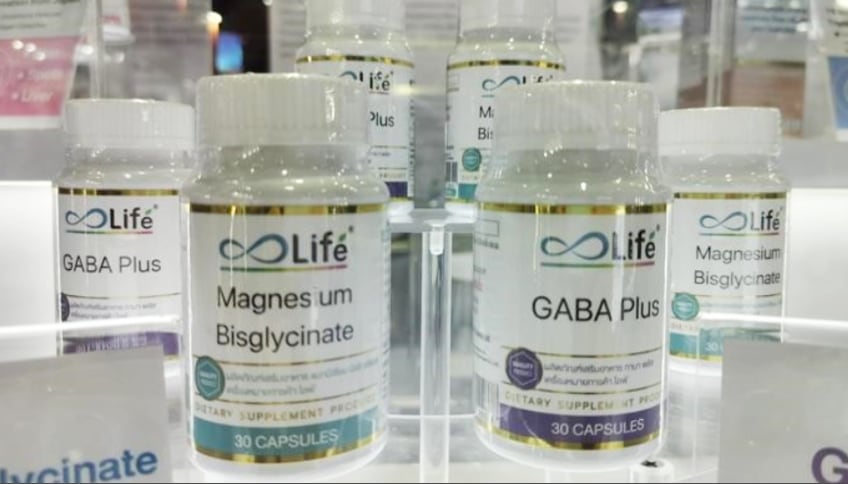Participants who received curcumin also showed improved glycaemic control, lipid profiles and oxidative stress markers compared to those taking placebo.
These findings were published in the International Journal of Molecular Sciences.
Study design
The study recruited 227 obese adults with type 2 diabetes, a group at high risk of developing metabolic dysfunction-associated steatotic liver disease (MASLD), a condition caused by excessive fat in the liver.
Participants were randomly assigned to receive either 1500 mg of curcumin daily or a placebo in the capsule form for 12 months.
The capsules used were manufactured by the Government Pharmaceutical Organization of Thailand.
The primary objective was to determine whether curcumin could reduce liver steatosis or fat accumulation.
The researchers thus measured using the controlled attenuation parameter (CAP) at baseline, the 3rd, 6th, 9th and 12th month of the study.
Secondary outcomes included changes in antioxidant and inflammatory markers, lipid profiles, insulin resistance as well as anthropometric measures.
Research findings
After 12 months, the curcumin group showed a significant reduction in liver steatosis, from 227 dB/m at baseline to 173 dB/m. In contrast, the placebo group saw an increase from 230 dB/m to 259 dB/m.
Curcumin’s anti-inflammatory effects were seen from the significant reduction of interleukin-1 beta (IL-1β) and tumour necrosis factor-alpha (TNF-α) levels.
The curcumin group also saw their IL-1β levels decrease from 0.4 pg/mL at baseline to 0.31 pg/mL by the end of the trial. The placebo group rose from 0.41 pg/mL at baseline to 0.93 pg/mL by the end of the trial.
Similarly, TNF-α levels in the curcumin group decreased from 4.40 pg/mL at baseline to 3.29 pg/mL at 12 months, while the placebo group saw an increase from 5.28 pg/mL to 6.99 pg/mL.
The supplementation of curcumin also showed a significant reduction in malondialdehyde (MDA) levels, a biomarker of oxidative stress. The curcumin group reported significantly higher levels of total antioxidant capacity, glutathione peroxidase, and superoxide dismutase activity compared to the placebo group.
Improvements in metabolic markers
Curcumin supplementation also significantly improved several metabolic markers compared to the placebo.
It reduced triglyceride, total cholesterol, LDL-C levels, and HbA1c levels - a marker of diabetes progression. In terms of glycaemic control, insulin sensitivity increased while insulin resistance decreased.
Researchers also found that curcumin supplementation significantly reduced non-esterified fatty acid (NEFA) levels compared to the placebo.
Toxic lipids in the liver such as NEFA have been known to contribute to the development of MASLD, hence the finding suggests that curcumin can improve liver metabolism and reduce fat-related toxicity linked to MASLD.
Anthropometric measures such as body mass index and waist circumference were also significantly lower in the curcumin group, at the 3rd, 6th, 9th and 12th month intervals.
Curcumin’s potential
Researchers suggest that curcumin’s antioxidant and anti-inflammatory properties may reduce oxidative damage to liver cells, in turn, reducing fat accumulation in the liver, and possibly slow the progression of liver diseases like MASLD.
“Curcumin, the bioactive compound in turmeric, exhibits potent antioxidant and anti-inflammatory properties that may be beneficial in managing liver diseases and type 2 diabetes mellitus,” the researchers wrote.
In this study, curcumin supplementation at 1500 mg/day was well tolerated, with only mild gastrointestinal discomfort reported.
The researchers concluded that curcumin may be a safe and promising adjunctive therapy for improving liver steatosis in obese patients with T2DM.
They recommended that future studies assess curcumin’s efficacy across broader populations, varied dosing regimens, and longer follow-up periods, as well as compare its effects with current MASLD treatments such as GLP-1 receptor agonists and SGLT2 inhibitors.
Source: International journal of molecular sciences, 26(19), 9286. doi: 10.3390/ijms26199286. “Curcumin Attenuates Liver Steatosis via Antioxidant and Anti-Inflammatory Pathways in Obese Patients with Type 2 Diabetes Mellitus: A Randomized Controlled Trial.” Authors: Yaikwawong, M, et al.




